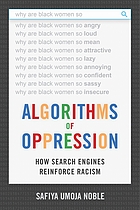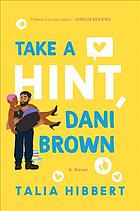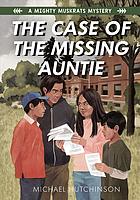Written by Marcela Isuster and Emily Kingsland
What does it mean for data to be fair?
Inspired by the FAIR principles (Findable, Accessible, Interoperable, and Reusable) this book display reimagines the acronym to ask deeper questions about justice, representation, and responsibility in the digital age. “My FAIR Data” brings together a diverse collection of works that examine how data shapes our lives, our institutions, and our futures. Its works communicate the stories that data tell.
From the biases embedded in algorithms to the fight for Indigenous data sovereignty, these books explore the social, ethical, and political dimensions of data. They challenge us to consider who is counted, who is left out, and how data can be used to empower or oppress.
Highlights include:
Critical viewpoints on artificial intelligence, surveillance, and algorithmic discrimination, such as Big data and democracy, a collection of essays in four parts, which explores the relationship that exists between citizens and data; political advertising; technical issues; and the implications for trust in society.
Feminist and queer approaches to data collection and analysis, such as Dr. Safiya Noble’s work Algorithms of oppression: How search engines reinforce racism, which examines how women of colour are negatively biased against in search engine results and algorithms.
Historical and contemporary insights into data governance, privacy, and stewardship, such as How data happened: A history from the age of reason to the age of algorithms, by Drs. Chris Wiggins and Matthew L. Jones, which delves into the history of data and statistics, from eugenics in Victorian England to facial recognition today.
Creative storytelling that brings data to life through fiction, memoir, and visual narratives, such as former tech sector startup employee Anna Wiener’s memoir Uncanny valley, which details her time living in San Francisco and her disillusionment with Silicon Valley.
Indigenous perspectives on research ethics, information governance, and the legacy of colonialism, such as Indigenous statistics: From data deficits to data sovereignty, which brings together research projects from Indigenous Peoples in the United States, Australia, Aotearoa New Zealand, and Canada.
Whether you’re a data scientist, a student, or simply curious, this display invites you to reflect on the values we embed in our data practices and the kind of future we want to build.
Come explore “My FAIR Data” and discover how information can be a tool for equity, accountability, and change.






